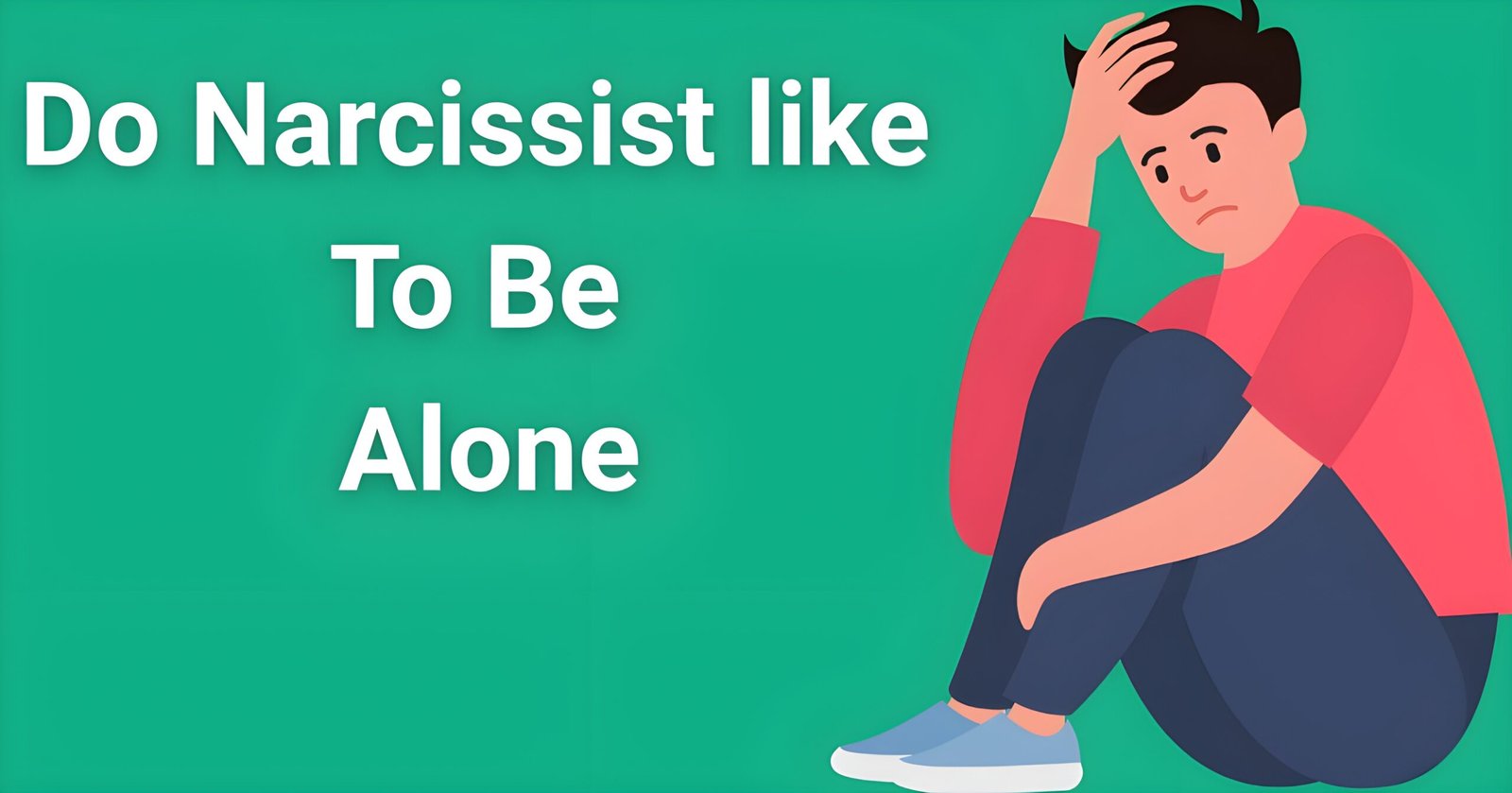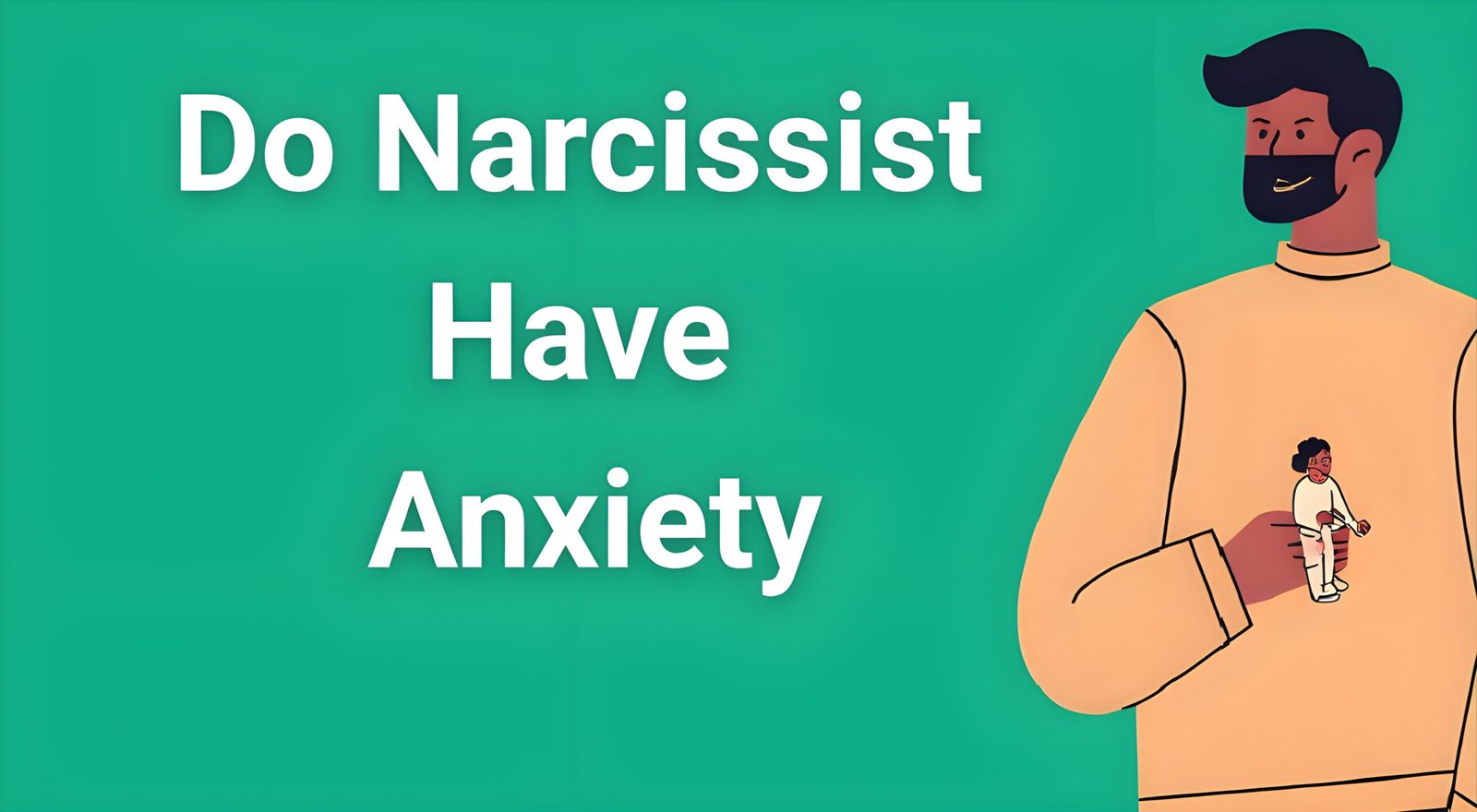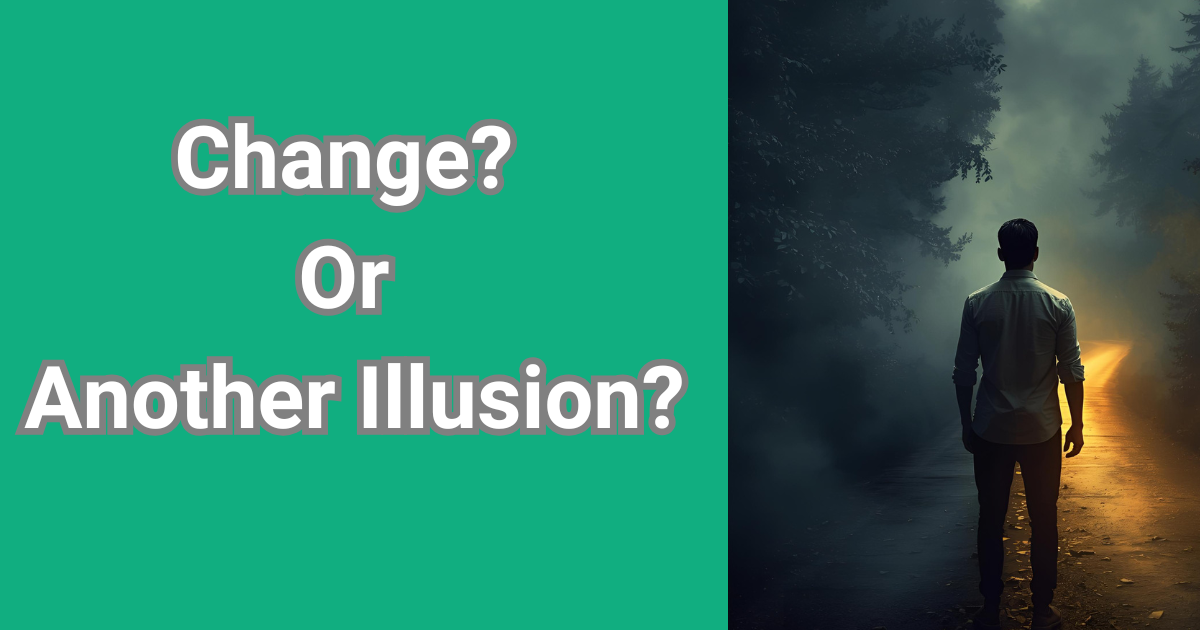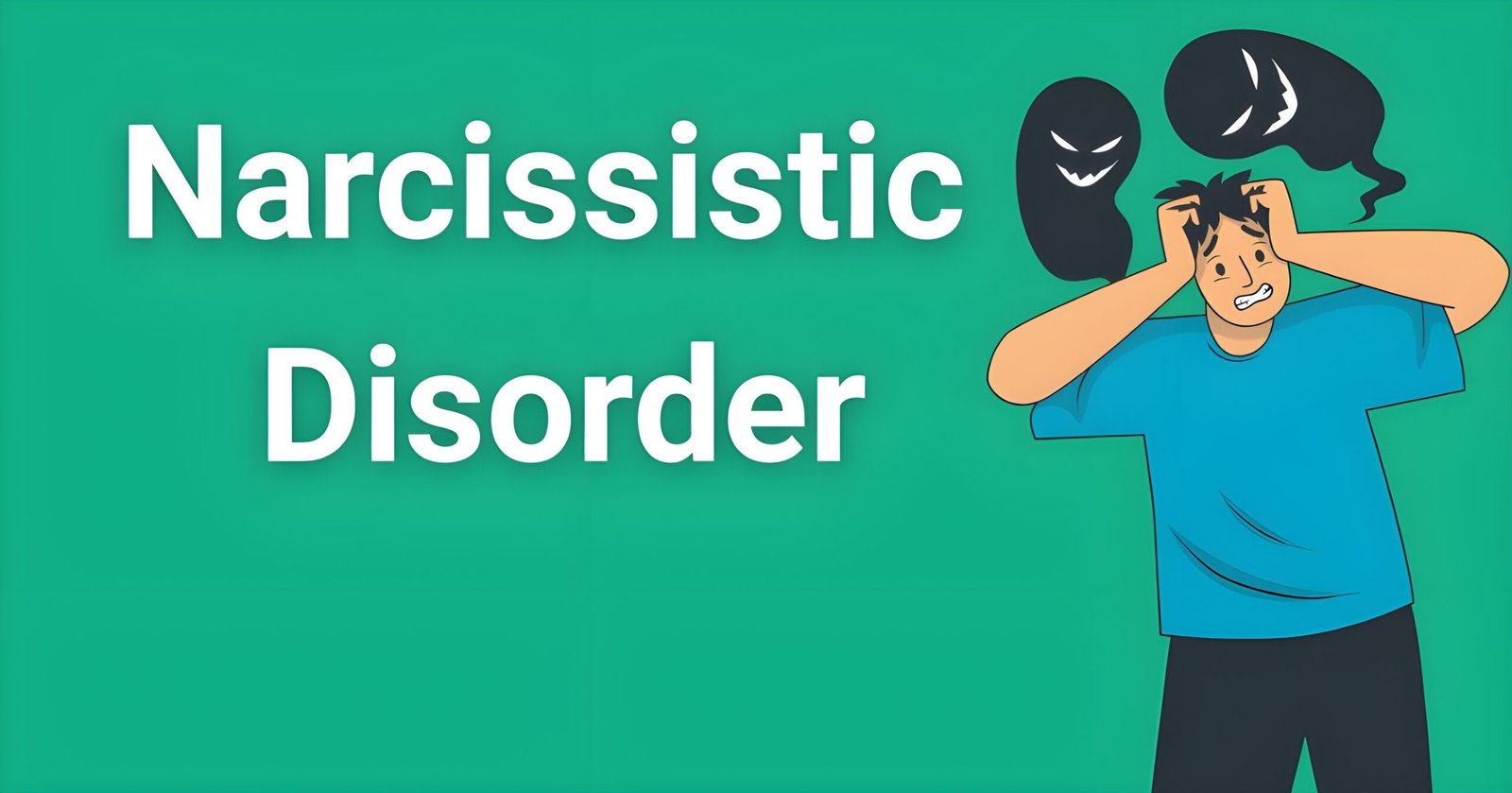Do narcissist like to be alone? Top 8 behaviors exposed – this question haunts thousands of survivors who’ve witnessed the baffling contradiction between a narcissist’s desperate need for attention and their seemingly contradictory desire for solitude. After working with countless survivors through NarcissismExposed.com as a Certified Narcissistic Abuse Specialist, I can tell you that understanding these patterns will either validate your most confusing experiences or completely reshape how you view their “alone time” requests.
- Understanding the Narcissistic Relationship with Solitude
- Do Narcissist Like to Be Alone? Top 8 Behaviors Exposed in Detail
- The Psychological Truth: Why Narcissists Struggle with Genuine Solitude
- How to Protect Yourself: Responding to Narcissistic Solitude Manipulation
- Breaking Free: When Their Solitude Becomes Your Freedom
- Key Takeaways: Do Narcissist Like to Be Alone? Top 8 Behaviors Exposed
- Frequently Asked Questions
The shocking truth is that narcissists don’t genuinely enjoy being alone in the way healthy people do – instead, they weaponize solitude as a sophisticated control mechanism while simultaneously depending on others for their emotional regulation and self-worth. This creates a paradoxical relationship with solitude that serves their manipulation agenda rather than any authentic need for personal reflection or peace.
What makes this particularly confusing for survivors is that narcissists often demand alone time, claim to value independence, and present themselves as self-sufficient individuals who don’t need anyone. Yet behind closed doors, they’re frantically seeking validation, monitoring your reactions to their absence, and using their solitude as emotional punishment or manipulation tactics.
Understanding these eight specific behaviors will help you recognize when a narcissist’s desire to be alone is actually a sophisticated manipulation strategy designed to maintain control over your emotions and behavior while avoiding genuine accountability or intimacy.
Understanding the Narcissistic Relationship with Solitude
Before we explore the specific behaviors that answer “do narcissist like to be alone? Top 8 behaviors exposed,” it’s essential to understand why narcissists have such a complicated and contradictory relationship with solitude compared to healthy individuals.
Unlike emotionally healthy people who use alone time for genuine self-reflection, creative pursuits, or peaceful restoration, narcissists view solitude through the lens of control, image management, and supply regulation. Their alone time isn’t about authentic self-connection – it’s about strategically managing their public persona and manipulating others’ responses to their absence.
The Supply Dependency Paradox
Research from the Journal of Personality Disorders reveals that narcissists have a fundamental dependency on external validation that makes genuine solitude psychologically uncomfortable. However, they’ve learned to weaponize the appearance of independence as another form of manipulation.
This paradox manifests as:
- Claiming to enjoy solitude while secretly monitoring others’ reactions to their absence
- Using alone time as punishment or withdrawal of attention rather than genuine self-care
- Demanding space when challenged or held accountable rather than when actually needing restoration
- Performing independence while simultaneously requiring constant emotional management from others
- Creating drama around their need for solitude to generate attention and concern
The key difference from healthy solitude: Healthy solitude involves genuine self-reflection, creative expression, emotional processing, and restoration that enhances one’s ability to connect authentically with others.
Narcissistic “solitude” involves image management, manipulation strategy planning, supply monitoring, and emotional punishment that serves to control others rather than develop the self.
The Control Through Absence Strategy
One crucial aspect of understanding whether narcissists like to be alone involves recognizing how they use absence as a control mechanism. Their solitude often has nothing to do with personal needs and everything to do with maintaining power dynamics in their relationships.
This strategic use of solitude includes:
- Timing their need for alone time to coincide with your important events or needs
- Using withdrawal as punishment when you set boundaries or challenge their behavior
- Creating mystery and uncertainty about their activities during alone time
- Demanding immediate access when they decide they no longer want to be alone
- Making you feel guilty or selfish for having needs when they’re in “alone time” mode
According to research published in the Journal of Research in Personality, narcissistic individuals show increased stress responses when their control over others is threatened, often leading to strategic withdrawal behaviors designed to reassert dominance through absence.
Do Narcissist Like to Be Alone? Top 8 Behaviors Exposed in Detail
Understanding the specific behaviors that reveal the truth about narcissistic solitude helps survivors recognize manipulation tactics and protect themselves from emotional exploitation. These eight behaviors consistently appear across narcissistic personalities, regardless of their specific subtype or relationship role.
Behavior #1: The Strategic Withdrawal Pattern
The first behavior that answers “do narcissist like to be alone? Top 8 behaviors exposed” involves their strategic use of withdrawal as emotional punishment and control. Unlike healthy individuals who communicate their need for space, narcissists use sudden withdrawal to create anxiety and compliance in their targets.
This manifests as:
- Suddenly becoming unavailable when you need support or have important events
- Using silent treatment disguised as “needing space” after conflicts
- Withdrawing affection and attention without explanation to create insecurity
- Timing their alone time to maximize emotional impact on you
- Refusing to communicate about when their alone time will end
Why this isn’t genuine solitude: Real alone time involves healthy communication about needs and boundaries. Narcissistic withdrawal is designed to punish and control rather than restore and refresh.
The manipulation goal: Creating anxiety, compliance, and emotional dependency by making their presence feel precious and unpredictable.
Red flags to recognize:
- Their alone time always seems to coincide with your needs or important moments
- You feel anxious and rejected rather than respectful of their space
- They refuse to discuss or negotiate boundaries around alone time
- Their withdrawal feels punitive rather than restorative
Behavior #2: The Performance of Independence
Another crucial behavior in understanding “do narcissist like to be alone? Top 8 behaviors exposed” is how they perform independence while secretly requiring constant validation and attention. This performance serves to maintain their superior image while manipulating others into proving their worth.
This includes:
- Publicly claiming to be self-sufficient while privately demanding constant support
- Using social media during “alone time” to generate attention and concern
- Making dramatic announcements about needing space to create urgency in others
- Performing solitary activities for an audience rather than genuine enjoyment
- Claiming independence while expecting others to manage their emotional needs
The contradiction reveals itself through:
- Becoming angry when their alone time doesn’t generate the desired response from you
- Monitoring your activities and emotional state while claiming to need space
- Creating emergencies or crises that interrupt their supposed desire for solitude
- Expecting immediate availability when they decide they no longer want to be alone
One survivor shared: “He would make grand announcements about needing a weekend alone to ‘find himself,’ then spend the entire time posting cryptic social media messages and getting angry if I didn’t seem worried enough about him.”
Behavior #3: The Alone Time Monitoring System
A particularly revealing aspect of “do narcissist like to be alone? Top 8 behaviors exposed” involves how narcissists secretly monitor others’ reactions to their absence rather than genuinely disconnecting. True solitude involves letting go of external validation, while narcissistic alone time often involves covert surveillance of others’ responses.
This monitoring behavior includes:
- Checking social media obsessively to see if you’re missing them or worried
- Having friends or family report back on your activities and emotional state
- Creating tests to see how much you’ll chase or pursue them during their absence
- Becoming angry if you seem happy or independent during their alone time
- Using tracking apps, checking your activities, or monitoring your communications
The surveillance paradox: While claiming to need space from you, they can’t actually disconnect because they need constant validation that they’re important and missed.
Signs you’re being monitored during their “alone time”:
- Mutual friends asking unusual questions about how you’re handling their absence
- They seem to know details about your activities despite claiming to need space
- They respond to your social media posts immediately despite being “unavailable”
- They create situations that require you to contact them during their supposed solitude
- They become angry about activities you did while respecting their space
Behavior #4: The Solitude That Isn’t Really Solitude
Understanding “do narcissist like to be alone? Top 8 behaviors exposed” requires recognizing that narcissists rarely experience true solitude – instead, they fill their “alone time” with supply-seeking behaviors and attention-gathering activities. Their version of being alone often involves more social interaction than their time with you.
Their “alone time” typically includes:
- Extensive social media posting and online validation seeking
- Reconnecting with old sources of narcissistic supply
- Dating apps, flirting, or maintaining backup relationships
- Creating drama or crisis situations that draw others into their sphere
- Engaging in activities designed to make others jealous or concerned
Why this matters for survivors: Understanding that their alone time often involves seeking attention from others helps explain why you feel insecure or uncomfortable about their space needs. Your instincts are correctly detecting that their solitude isn’t about genuine self-care but about supply diversification.
Red flags that their alone time involves others:
- They seem energized and validated after alone time rather than peaceful and restored
- You discover evidence of social interactions during their supposed solitude
- They drop hints about interesting people they met or activities they did
- Their mood depends on external validation received during alone time rather than internal restoration
- They use their alone time experiences to create jealousy or insecurity in you
Behavior #5: Do Narcissist Like to Be Alone When Accountability Looms?
A particularly telling pattern in “do narcissist like to be alone? Top 8 behaviors exposed” involves how narcissists suddenly need solitude when facing accountability, consequences, or difficult conversations. This isn’t coincidental – it’s a strategic avoidance tactic disguised as self-care.
This avoidance pattern includes:
- Needing space immediately after being confronted about harmful behavior
- Developing sudden illness or mental health crises that require solitude when consequences approach
- Claiming to need time to “process” conversations but never actually returning to address issues
- Using alone time to avoid taking responsibility or making necessary changes
- Disappearing when you need support or when relationship problems need resolution
The accountability avoidance cycle:
- Harmful behavior occurs or is discovered
- Confrontation or consequences approach
- Sudden need for alone time emerges
- Extended absence while you’re left to manage the emotional fallout
- Return with no acknowledgment or resolution of original issues
- Cycle repeats with new harmful behavior
Why this isn’t genuine processing: Real personal reflection leads to accountability, apologies, and behavioral changes. Narcissistic avoidance solitude serves to escape consequences without addressing root issues.
Signs they’re using alone time to avoid accountability:
- Their need for space always coincides with being called out on behavior
- They return from alone time with no insights, apologies, or commitment to change
- You’re expected to “move on” from issues they avoided addressing during their absence
- They seem more focused on managing your emotions than examining their own behavior
Behavior #6: The Weaponized Absence Strategy
Another crucial behavior that answers “do narcissist like to be alone? Top 8 behaviors exposed” involves how they weaponize their absence to punish, control, and manipulate your emotional state. This goes beyond healthy boundary-setting and becomes emotional abuse through strategic abandonment.
Weaponized absence includes:
- Disappearing during your most vulnerable moments or important events
- Using their absence to prevent you from addressing relationship issues
- Creating abandonment anxiety to make their return feel like a reward
- Timing their solitude to disrupt your stability and independence
- Using the threat of leaving or needing space to control your behavior
The emotional terrorism of strategic absence: Unlike healthy space that enhances relationships, weaponized absence creates trauma bonds through intermittent reinforcement of presence and abandonment.
The impact on survivors:
- Walking on eggshells to avoid triggering their withdrawal
- Feeling grateful for basic presence and attention
- Developing anxiety about expressing needs or concerns
- Losing sense of self-worth and independence
- Becoming hypervigilant about their mood and potential departure
One survivor described: “I learned to monitor his every expression and tone because I never knew when he would suddenly announce he needed space. The threat of his absence became a weapon he used to control every conversation and interaction.”
Behavior #7: The Return Performance and Expectation Management
A revealing aspect of “do narcissist like to be alone? Top 8 behaviors exposed” involves how narcissists manage their return from solitude to maximize attention, gratitude, and control. Their return often becomes another manipulation opportunity rather than a genuine reconnection.
Return performance behaviors include:
- Expecting excessive gratitude and attention upon their return
- Sharing selective details about their alone time to create jealousy or insecurity
- Refusing to discuss what happened during their absence while demanding full updates on your activities
- Acting like their return is a gift that requires appreciation and celebration
- Using their absence to reset relationship dynamics in their favor
The expectation manipulation: Narcissists often expect you to be grateful for their return while providing no acknowledgment of how their absence affected you or the relationship.
Common return strategies:
- Love-bombing immediately upon return to create confusion about their previous withdrawal
- Acting like nothing happened during their absence and expecting immediate normal interaction
- Sharing stories designed to make you feel insecure or jealous about their alone time
- Demanding immediate attention and emotional availability without reciprocal consideration
- Using their return to avoid addressing issues that existed before their departure
Red flags in their return behavior:
- You feel like you need to earn their attention after they chose to withdraw
- They seem energized by your anxiety or distress about their absence
- They share information about their alone time that feels designed to hurt or worry you
- They expect immediate forgiveness and reconnection without addressing what caused their withdrawal
Behavior #8: The Solitude That Requires an Audience
The final behavior that answers “do narcissist like to be alone? Top 8 behaviors exposed” reveals perhaps the most contradictory aspect of narcissistic solitude – their need for an audience even during their supposed alone time. True solitude doesn’t require witnesses, but narcissistic alone time often involves ensuring others are aware, concerned, and affected by their absence.
Audience-dependent solitude includes:
- Making dramatic announcements about their need for space
- Ensuring multiple people know about their alone time and whereabouts
- Creating mystery and intrigue around their solitary activities
- Posting about their alone time on social media for validation and attention
- Expecting others to check on them or worry about them during their absence
The attention-seeking paradox: While claiming to need space from people, they actually need people to be thinking about them, worried about them, or focused on their absence.
Signs their solitude requires an audience:
- They make sure everyone knows when they’re taking alone time
- They seem disappointed if you don’t seem concerned about their absence
- They create drama or mystery around their solitary activities
- They expect regular check-ins or expressions of concern during their away time
- They become angry if you seem too independent or happy during their absence
Why this matters for survivors: Understanding that their alone time often involves performing for an audience helps explain why you feel manipulated rather than respectful of their space. Your instincts are correctly detecting that their solitude is about controlling your emotions rather than genuine self-care.
The Psychological Truth: Why Narcissists Struggle with Genuine Solitude
Understanding the deeper psychological reasons behind these behaviors helps explain why the question “do narcissist like to be alone? Top 8 behaviors exposed” has such a complex answer. Narcissists have fundamental psychological barriers that make genuine, restorative solitude nearly impossible.
The Supply Dependency Problem
Research from Harvard Medical School reveals that narcissistic individuals have neurological differences that make them dependent on external validation for emotional regulation. This biological reality means that true solitude – which requires internal emotional stability – is extremely difficult for them to tolerate.
The dependency manifests as:
- Inability to regulate emotions without external input and validation
- Anxiety and dysregulation when truly disconnected from sources of supply
- Need for constant confirmation of their importance and impact on others
- Difficulty with self-reflection that doesn’t involve external validation
- Fear of genuine self-examination that might reveal their authentic self
This explains why their “alone time” often involves:
- Seeking validation through social media and digital connections
- Monitoring others’ reactions to their absence
- Creating situations that require others to think about or respond to them
- Filling their time with activities that generate external validation
- Avoiding true introspection or self-examination
The False Self Maintenance Challenge
Another crucial factor in understanding narcissistic solitude involves their need for constant false self maintenance. True solitude can threaten their carefully constructed image because it removes the external mirrors that help them maintain their grandiose self-perception.
False self maintenance requires:
- Constant external validation of their constructed identity
- Avoidance of genuine self-reflection that might reveal their authentic self
- Regular reinforcement of their superiority and specialness
- Protection from experiences that might challenge their grandiose self-image
- Continuous supply sources that reflect their desired identity back to them
This makes genuine solitude threatening because:
- It removes the external validation they need to maintain their false self
- It might lead to authentic self-reflection they’re not equipped to handle
- It eliminates their ability to control others’ perceptions and reactions
- It forces them to face their authentic self without external distraction
- It removes their primary source of emotional regulation and identity confirmation
How to Protect Yourself: Responding to Narcissistic Solitude Manipulation
Understanding “do narcissist like to be alone? Top 8 behaviors exposed” is most valuable when it helps you protect yourself from manipulation and develop healthy responses to their solitude tactics. Your awareness of these patterns can help you maintain your emotional stability and independence.
Setting Healthy Boundaries Around Their “Alone Time”
The key to protecting yourself from narcissistic solitude manipulation is establishing clear boundaries that prioritize your own emotional wellbeing over their control tactics.
Healthy boundary strategies include:
- Not chasing or pursuing them when they withdraw
- Continuing your own activities and relationships during their absence
- Refusing to accept blame or guilt for their need for space
- Not allowing their return to reset unresolved relationship issues
- Maintaining your own emotional stability regardless of their presence or absence
Avoid these common traps:
- Trying to prove you’re worthy of their presence through excessive pursuit
- Putting your life on hold while they take their strategic alone time
- Accepting blame for their need to withdraw or take space
- Allowing their return to bypass accountability for previous harmful behavior
- Measuring your worth by their willingness to spend time with you
Building Your Own Independence
The most powerful response to narcissistic solitude manipulation is developing genuine independence that doesn’t depend on their presence or approval.
Independence building includes:
- Developing your own interests, friendships, and support systems
- Learning to enjoy your own company without anxiety about their absence
- Building self-worth that doesn’t depend on their attention or validation
- Creating stability in your life that isn’t disrupted by their emotional volatility
- Focusing on your own healing and growth rather than managing their needs
Signs of healthy independence:
- You feel peaceful rather than anxious when they need space
- You use their absence for your own restoration and enjoyment
- You don’t feel compelled to chase or pursue them during their withdrawal
- You maintain your own emotional stability regardless of their behavior
- You recognize their solitude tactics as manipulation rather than genuine need
Breaking Free: When Their Solitude Becomes Your Freedom
The ultimate insight from understanding “do narcissist like to be alone? Top 8 behaviors exposed” is recognizing that their strategic withdrawals can become opportunities for your own healing and clarity. When you stop chasing their absence and start embracing your own independence, their manipulation tactics lose their power.
Using Their Absence for Your Healing
Rather than spending their alone time anxiously waiting for their return, you can use these periods for genuine self-care, reflection, and growth.
Productive use of their absence includes:
- Connecting with supportive friends and family members
- Engaging in therapy or healing activities
- Pursuing interests and goals they may have discouraged
- Experiencing peace and stability without their emotional volatility
- Reflecting on the relationship dynamics without their immediate influence
Recognizing the Gift of Clarity
Many survivors report that their narcissistic partner’s withdrawals eventually became moments of clarity that helped them recognize the unhealthy nature of the relationship.
Clarity often emerges through:
- Noticing how much more peaceful you feel during their absence
- Recognizing how their return often brings anxiety and instability
- Observing how your own interests and relationships flourish when they’re not present
- Understanding that their absence feels like relief rather than loss
- Realizing that their presence often feels more draining than nurturing
This clarity can lead to:
- Recognition that the relationship is harmful to your wellbeing
- Understanding that their solitude needs are manipulation rather than self-care
- Awareness that you deserve consistent, reliable love rather than intermittent attention
- Insight into your own capacity for independence and emotional stability
- Motivation to build a life that doesn’t depend on their presence or approval
Key Takeaways: Do Narcissist Like to Be Alone? Top 8 Behaviors Exposed
Understanding “do narcissist like to be alone? Top 8 behaviors exposed” reveals that narcissists don’t genuinely enjoy solitude in healthy ways – instead, they weaponize alone time as sophisticated manipulation tactics designed to control, punish, and maintain dominance in relationships.
Remember these crucial insights:
- Narcissistic solitude is performance, not genuine self-care – they use alone time to manipulate rather than restore themselves
- Their withdrawals are strategic and timed to maximize emotional impact and control over your behavior
- They monitor your reactions during their absence rather than genuinely disconnecting from external validation
- Their alone time often involves seeking supply from other sources while denying you attention and connection
- They use solitude to avoid accountability when confronted with harmful behavior or relationship issues
- Their absence is weaponized to create anxiety, compliance, and emotional dependency
- They expect audience and attention even during their supposed need for space
- Their return becomes another manipulation opportunity to reset dynamics in their favor
The path forward involves:
- Recognizing these patterns as manipulation rather than legitimate needs
- Setting healthy boundaries that protect your emotional wellbeing
- Building genuine independence that doesn’t depend on their presence
- Using their absence for your own healing and clarity
- Understanding that their solitude tactics reveal their inability to have healthy relationships
- Focusing on your own growth rather than managing their emotional volatility
Understanding these behaviors isn’t about becoming cynical about all requests for alone time – it’s about recognizing the difference between healthy space and manipulative withdrawal. When someone asks “do narcissist like to be alone? Top 8 behaviors exposed,” they’re often seeking validation for their instincts that something feels wrong about their partner’s relationship with solitude.
Your confusion about their solitude patterns is valid, your need for consistent and reliable connection is reasonable, and your intuition that their alone time feels manipulative rather than restorative is likely accurate. Moving forward means trusting these instincts while building a life that provides the genuine love, stability, and mutual respect you deserve.
Frequently Asked Questions
My narcissistic partner constantly demands alone time but gets angry when I seem fine with it. Why does this happen?
This reaction reveals that their alone time isn’t about genuine self-care but about controlling your emotional state. Narcissists expect their absence to create anxiety, pursuit, and validation of their importance. When you respond with healthy independence instead of distress, it threatens their sense of control and significance. Your peaceful response to their withdrawal undermines their manipulation strategy and forces them to escalate other tactics to regain control over your emotions.
How can I tell if someone’s need for alone time is healthy versus narcissistic manipulation?
Healthy alone time involves clear communication, respect for both partners’ needs, and genuine restoration that enhances the relationship. Narcissistic manipulation involves strategic timing, punishment withdrawal, monitoring your reactions, and using absence to avoid accountability. Healthy individuals return from alone time more present and connected, while narcissists often return expecting gratitude without addressing underlying issues. Pay attention to whether their solitude feels respectful or punitive to you.
Should I pursue them when they withdraw or give them the space they claim to want?
Give them the space they claim to want, but use that time for your own healing and independence rather than anxiously waiting for their return. Don’t chase or pursue them, as this reinforces their manipulation strategy. Instead, continue your own activities, connect with supportive people, and focus on your wellbeing. If their withdrawal is genuine self-care, they’ll appreciate your respect for their boundaries. If it’s manipulation, they may escalate tactics when you don’t respond with pursuit.
Why do they seem to need alone time right when I need support or have important events?
This timing isn’t coincidental – it’s strategic manipulation designed to remind you that your needs are secondary to their control. Narcissists often withdraw during your vulnerable moments to maintain their position as the center of attention and to prevent you from developing independence or receiving support from others. This pattern serves to train you to prioritize their needs and availability over your own important moments and emotional needs.
How do I respond when they return from their alone time expecting immediate attention and affection?
Don’t immediately reward their return with the attention and gratitude they expect. Instead, maintain your own emotional pace and address any issues that existed before their departure. You can acknowledge their return without dropping everything to cater to their needs. If they withdrew to avoid accountability, don’t allow their return to reset those unresolved issues. Your emotional availability should be genuine rather than performed out of relief at their presence.
Is it normal to feel more peaceful when they’re gone than when they’re present?
Yes, this is a common experience for people in relationships with narcissists and often indicates that the relationship is emotionally draining rather than nurturing. Healthy relationships should make you feel more stable and peaceful, not less. If their presence consistently brings anxiety, walking on eggshells, or emotional exhaustion while their absence brings relief, this suggests the relationship dynamic is harmful to your wellbeing. Trust this feeling as important information about the relationship’s impact on your mental health.
What should I do during their alone time to protect my own emotional wellbeing?
Use their absence for genuine self-care: connect with supportive friends and family, engage in activities you enjoy, pursue personal interests, and focus on your own healing. Don’t spend this time anxiously monitoring their activities or waiting for their return. Consider this an opportunity to remember who you are outside of managing their emotions and needs. If possible, engage in therapy or support groups to process your experiences and build emotional independence.






